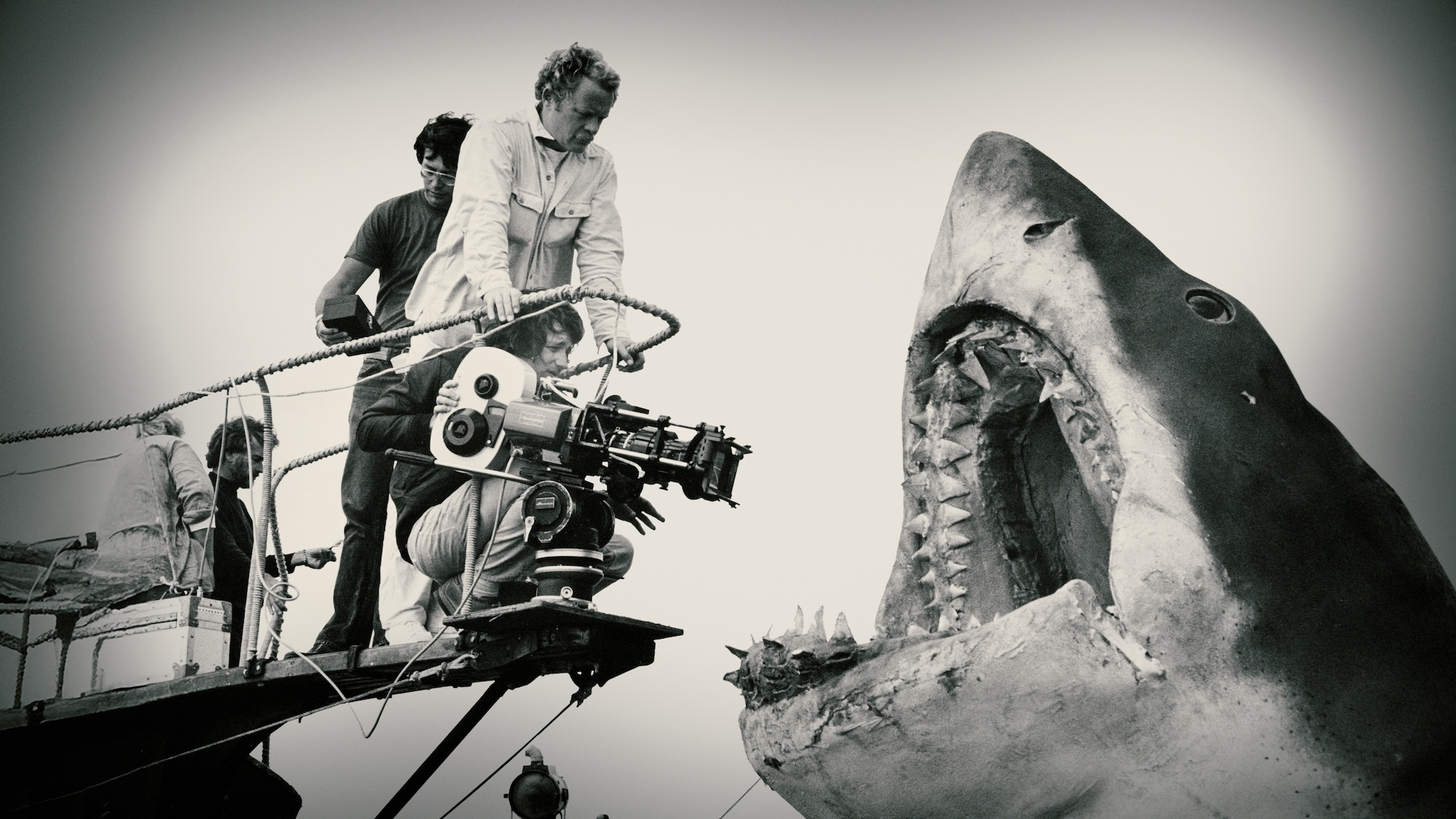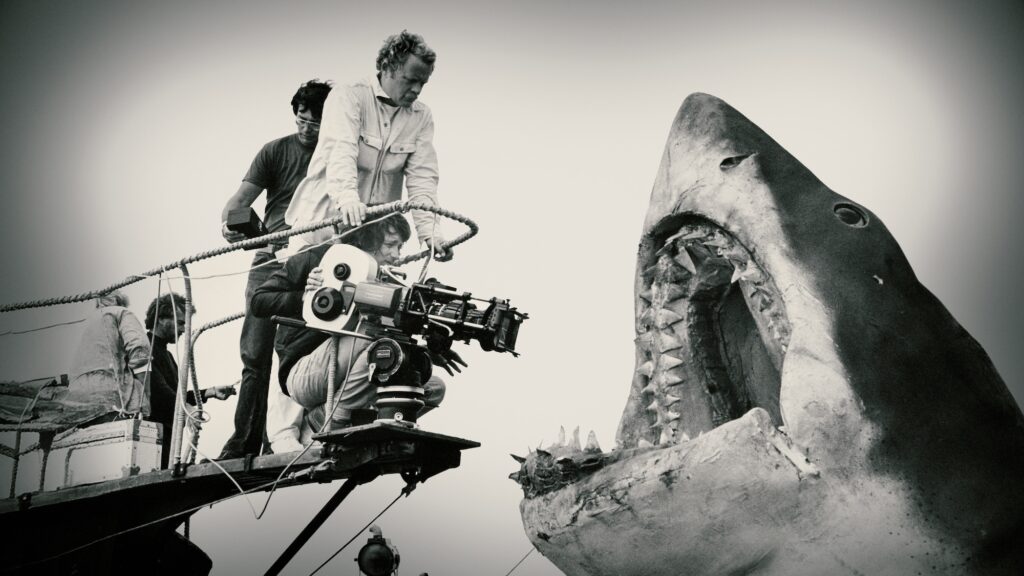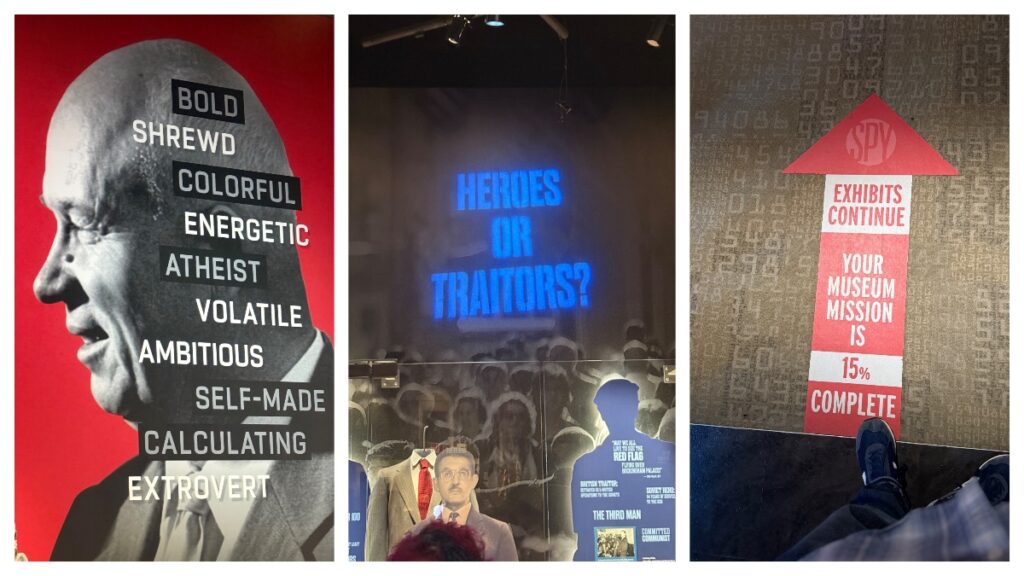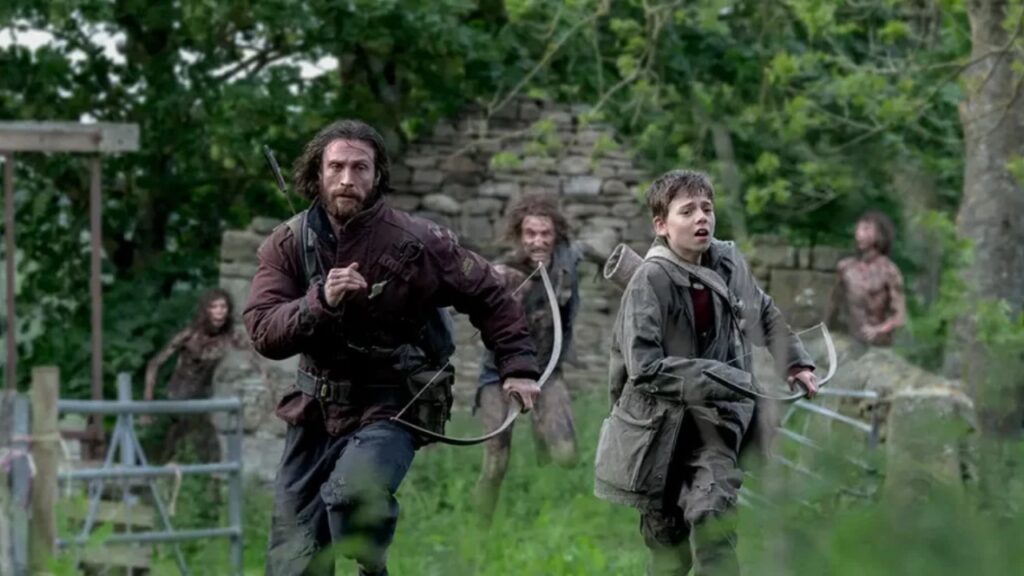To say Steven Spielberg’s Jaws was a hit in 1975 is to speak in gross understatement. As only the second movie to ever enjoy a wide Hollywood release—and more crucially the first to change moviegoing habits forever when it became the highest grossing movie up to that point—Jaws was more than a phenomenon in the culture. It reshaped our culture in ways we are still processing.
Which is why it’s striking that half a century later, the director who is responsible for that cinematic earthquake is feeling candid enough to admit the movie left him with what might have been post-traumatic stress.
In filmmaker Laurent Bouzereau’s new documentary about Spielberg and that fateful shark movie, Jaws @ 50: The Definitive Inside Story, Spielberg admits that for years afterward, he would find himself huddling on the Universal Studios backlot in Hollywood and weeping on the same red leather booth where Robert Shaw and Roy Scheider sang “Show Me the Way to Go Home.” Tourists in nearby tram cars would meanwhile sail happily by, snapping photos at a mechanical shark that did work.
“They brought a lot of the boats back from Martha’s Vineyard and shipped [Quint’s] boat the Orca to the Universal backlot and put it in the water right next to the Jaws Ride,” Spielberg explained in the new documentary. The filmmaker has mentioned “the ride” fondly before. He was even there when it first opened as part of Universal’s “Studio Tours” in 1976. However, unlike talking about the ride or the film on previous occasions, Spielberg looked into the camera ahead of Jaws’ 50th anniversary to make what amounted to a confession.
“I would sneak behind the trams so nobody could see me and I would just sneak onboard the boat and I would sit in the cabin, in that little red booth, and I would sit there and sometimes cry. I had nothing to cry about, the film was this phenomenon. But I’m sitting here shedding tears because I’m not able to divest myself of the experience. The boat helped me to begin to forget. That Orca was my therapeutic companion for several years after Jaws came out.”
The admission is one of several strikingly revealing elements in Jaws @ 50, which admittedly retreads a lot of familiar ground for admirers of Spielberg, filmmaking history, or just ‘70s Hollywood gossip. Yet it was getting Spielberg to speak so frankly about those many well-worn stories that makes Bouzereau’s latest doc feel fresh—including to the documentarian who admits he had trepidations about returning to the material after already helming the well-regarded Jaws: Making Of documentary released on VHS in 1995.
“When I got started, I was like ‘oh my God, what have I done? What is there left to talk about?’” Bouzereau laughs when we sit down to chat all things Jaws. The documentarian credits Jaws as being a first love. It was the movie that brought the French filmmaker to America where he would eventually study the making of many other Spielberg’s films. But Jaws is also its own kind of rarefied mythology at this point. The stories about broken mechanical sharks and cantankerous, inebriated actors have become so familiar to us that they’re now even source material for light Broadway comedy.
Yet Spielberg’s perception 30 years after the last Jaws documentary was different. And perhaps more unguarded.
“I felt that Steven was opening up about the experience in a way that was very different from previously,” Bouzereau tells us. “Where [in the past] it was always done with a smile and it was like ‘Oh my God, it was such a nightmare! Ha ha ha. The shark wasn’t working! Ha ha ha.’ Suddenly, it became very clear to me that this was indeed the film that was either going to make him or break him. And he states that in a way that truly sets the stage for this story to be very dramatic and at the same time very human and very relatable.”
As a consequence, Jaws @ 50 is less a traditional “making of” doc—although all the old standards are at least passingly observed—and more of a film with a narrow perspective. As Bouzereau admits, “even though I claim this is the definitive story, it’s a definitive point of view of the filmmaker, that being Mr. Spielberg.”
Which again accounts for admissions by the bearded director that even after the success had come, he’d wake up in the middle of the night with his sheets soaked in sweat after dreaming he was back on Martha’s Vineyard and that “Bruce,” the mechanical shark famously named after the director’s lawyer, was still not working. Without a smile or trace of humor, Spielberg now acknowledged, “We didn’t have the words PTSD in those days.”
Those days are still amusingly recounted as well though, with familiar stories like the time Shaw (with Spielberg’s permission) got drunk on set to prepare, but ultimately mangle, his first crack at the stunning USS Indianapolis speech. There are also new wrinkles. For instance, it’s well known that Jaws went weeks, months, and millions over schedule and budget. However, Spielberg acknowledging that Universal head, and future close friend, Sid Sheinberg showed up in Martha’s Vineyard to possibly threaten him with being shut down felt new. As does one of the only eight Hollywood actors on the set flatly telling him as the schedule ran over that “you’ll never get a job after this movie because you’re irresponsible with budget.” (We’ll leave you to guess which one.)
The documentary even leans into some of the nastier headlines that Jaws’ production earned at the time like “Director still working, ‘Jaws’ mangles budget.”
“Can you imagine when you’re young and starting in your career, and that kind of headline hits?” Bouzereau posits. “Especially at that time where there was not the same amount of media as there is today. You can’t bury that stuff.”
Nonetheless, there was plenty of buried treasure the documentarian found this time around. Some of it might be familiar, if obscure, such as home movies Spielberg keeps in his personal archives, and some of it was more off the beaten path, such as when Bouzereau revisited Martha’s Vineyard to find what the locals have hung onto for the last 50 years.
“There was a lady who actually was going to give me some footage and literally passed away the day I arrived on the island,” Bouzereau says. “And she was actually one of the last ones from Martha’s Vineyard who had worked on the shark itself with her husband.”
Yet in addition to the past, Jaws @ 50 is a doc that begins to evaluate one of these formative “modern” blockbusters with the reverence of hallowed myth. Plenty of younger filmmakers, from Steven Soderbergh to Guillermo del Toro, Cameron Crowe, and Emily Blunt are only too happy to offer their own glowing memories of growing up in Jaws’ crimson wake as talking heads. But the documentary itself intriguingly feels the need to contextualize when Jaws ruled pop culture, and when that culture could likewise be defined by an original movie.
“A lot of young people don’t know that,” Bouzereau explains. “And I think that if you tell someone, ‘Listen, you got to have this meal because it’s really amazing,’ as opposed to just ‘eat this,’ I think you’ll have two very polar opposite reactions.” So he leans into both Jaws’ importance and also how the world has changed since then.
“The thing that was also incredible about that time, and I’m a witness to that, is you would go into the movies without really knowing anything,” the filmmaker remembers. “There may have been a trailer, but that was the extent of it. There was no chat about it. When I saw Jaws, The Exorcist, Alien, I went in not knowing what those movies really were beyond just a shark and the poster, and the lobby cards. So there was an element of discovery that was really amazing.” Today it’s an open question whether folks still want to discover something new based purely on the artist making it or the concept—or whether that experience is itself becoming a history piece.
When we catch up with Bouzereau, it’s the week of Jaws’ 50th anniversary and we are at the culmination of what feels like a new cycle of romanticization for a movie that more than one of its stars assumed was never going to be remembered. In fact, only a few years ago Shaw’s son, Ian Shaw, wrote and starred in the Broadway production of The Shark Is Broken, the aforementioned comedy wherein Ian does a remarkable impersonation of his father and taps into how this movie’s creation has transcended movie nerd trivia. Nowadays, it’s a grand topic for fiction and speculation, akin to what (or who) really killed Mozart, or what truly motivated Shakespeare to write Romeo and Juliet?
“When I did my first doc on Jaws, a lot of the people who made the film were still around and that was the first time since they had made the movie that they were actually talking about it,” Bouzereau considers. “And I found myself across from David Brown, who with Richard Zanuck produced the film, and he said to me, ‘Listen, you are going to ask all of us the same questions, and we’re all gonna come to you with a different answer. This is going to be Rashomon.’”
By this Brown, and by extension Bouzereau, meant there will never cease to be new stories and prisms through which to examine the making of a film that became a landmark part of our culture. For the 50th, however, Bouzereau is seeking to elevate Spielberg’s version.
“I just hope that people feel that the film is honest and sincere and does put the mythology in its place,” he continues. “But there’s always going to be another story being told on Jaws. I hope that that’s part of what keeps it alive.”
Jaws @ 50 premieres on National Geographic on July 10 and on Disney+ and Hulu on July 11.
The post Jaws Left Steven Spielberg in Tears for Years While Hiding on the Theme Park Ride appeared first on Den of Geek.




